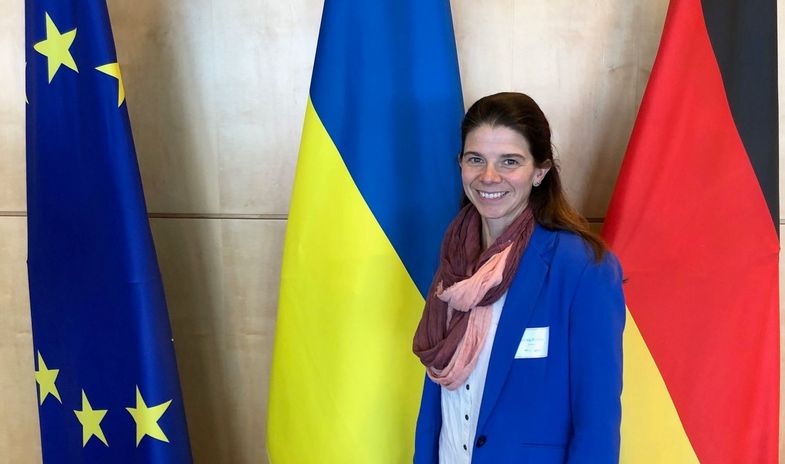The platform brings together the skills and expertise of different institutions, enabling representatives from local government, business, academia and civil society to exchange ideas on Ukraine’s reconstruction, thereby increasing the transparency and efficiency of various initiatives in the country. Solveig Richter has a long history of research on peace processes and reconstruction in post-conflict countries, including the Western Balkans and Colombia, and will bring important experience of post-conflict societies to the new committee.
This involves issues such as the treatment of refugees and the need for environmental considerations to be part of construction efforts right from the start. But it also includes clearly analysing mistakes made in other countries: “In the Western Balkans, the peace process was financially supported by the EU. At the same time, however, this enabled structures of political corruption. There are lessons to be learnt to prevent this from happening in Ukraine,” says Richter.
Together with colleagues, last autumn she wrote a policy brief on reconstruciton in Ukraine which is the result of internal consultations with the German Federal Ministry for Economic Cooperation and Development (BMZ) and is a freely available document providing practical knowledge for all policy-making processes in this area.






























































